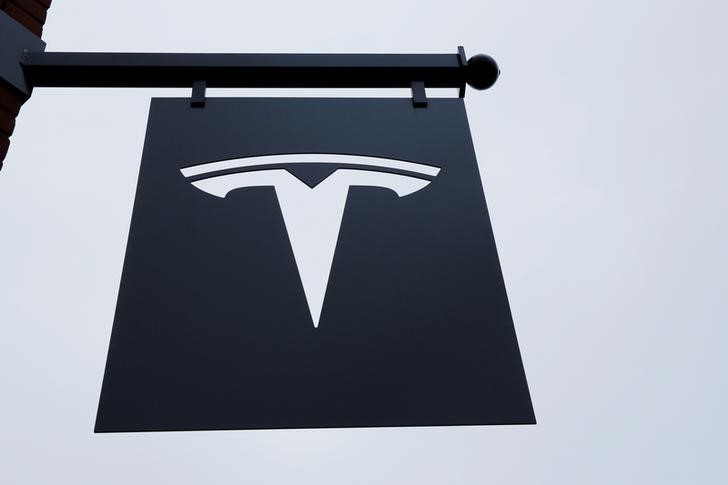Navitas stock soars as company advances 800V tech for NVIDIA AI platforms
Investing.com -- Deepwater Asset Management’s co-founder and managing partner, Gene Munster, has provided commentary on the ongoing conflict between Tesla (NASDAQ:TSLA) CEO Elon Musk and President Donald Trump, and its impact on Tesla’s upcoming robotaxi service. Munster suggests that while the conflict may put short-term pressure on Tesla’s shares, it’s unlikely to derail the long-term potential of the robotaxi service.
Tesla is reportedly planning to unveil its robotaxi service in Austin on June 12. This initial launch is expected to be small and will serve more as a small-scale pilot rather than a commercial launch. The service will initially operate ten driverless Model Ys within a specific area of the city, offering rides to invited users and employees. The vehicles will be monitored remotely for safety. If the early results are satisfactory, Musk has indicated that the fleet could expand to about 1,000 vehicles within a few months.
Munster also noted the potential impact of the Musk-Trump conflict on Tesla’s electric vehicle (EV) tax credits, which currently affect about 40% of Tesla’s auto business. Since the last election, investors have been preparing for the possibility that these credits could be eliminated. Munster suggested that only a quarter of analysts have factored in the loss of the credit into their forecasts for the next year. He estimated that a 15% price increase in the US could reduce 2025 deliveries by 15%, lowering the overall delivery growth to 14% for the year, which is below the current estimate of 21%.
Munster also touched on the potential impact on Tesla’s brand, suggesting that the Musk-Trump conflict could deter some potential buyers. However, he also noted that Musk’s alignment with Trump has negatively impacted deliveries over the past six months, possibly costing the company around 85,000 deliveries in the March 2025 quarter. Munster suggested that the impact of these two factors could cancel each other out.
Looking ahead, Munster suggested that the competition in the ride-sharing market over the next decade will likely come down to Tesla and Waymo. He believes that Waymo, despite being the first mover in the space, will need to reduce the cost of its vehicles from the current $150,000 to around $100,000 to make its long-term economics attractive. He also reported that nearly 40% of miles driven by Waymo vehicles are without a passenger, incurring expenses for the company.
This article was generated with the support of AI and reviewed by an editor. For more information see our T&C.
